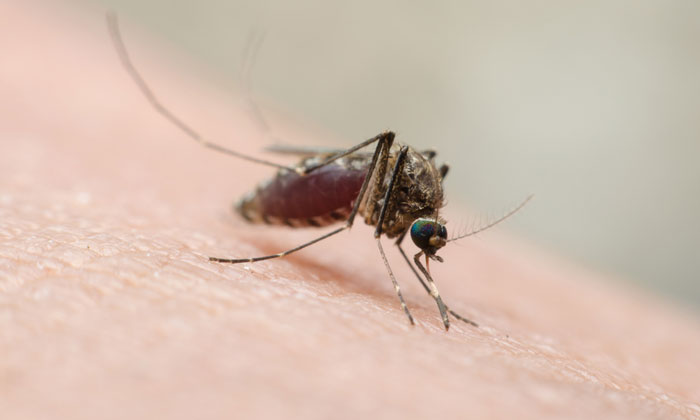Scientists to test Zika virus on brain tumours
Posted: 19 May 2017 | Niamh Marriott (Drug Target Review) | No comments yet
The research, using tumour cells in the laboratory and in mice, will see if the Zika virus can destroy cancer cells.


In a revolutionary first, Cancer Research UK-funded scientists will test whether the Zika virus can destroy brain tumour cells, potentially leading to new treatments for one of the hardest to treat cancers.
Dr Harry Bulstrode at the University of Cambridge has received a Cancer Research UK Pioneer Award to test the effect of the Zika virus on glioblastoma, the most common and aggressive form of brain tumour.
Each year around 2,300 people are diagnosed with glioblastoma in England. And fewer than 5% of patients survive their disease for five years or more.
Existing treatments are limited by their ability to cross the blood-brain barrier, and doses must be kept low to avoid damage to healthy tissue. The Zika virus can cross the blood-brain barrier, and could target cancer cells, sparing normal adult brain tissue and opening a potential new way to attack the disease.
Zika virus infection in pregnancy causes severe disability in babies by attacking stem cells in the developing brain. But in adults, since the brain is fully developed, Zika usually causes no more than mild flu-like symptoms.
In glioblastoma, the cancer cells resemble those in the developing brain, suggesting that the Zika infection could attack them too.
This early stage research will explore how the virus targets stem cells and provide the starting point to develop new treatments that seek out the tumour and spare the surrounding healthy brain tissue.
Dr Harry Bulstrode, a Cancer Research UK scientist at the University of Cambridge, said: “Zika virus infection in babies and children is a major global health concern, and the focus has been to discover more about the virus to find new possible treatments. We’re taking a different approach, and want to use these new insights to see if the virus can be unleashed against one of the hardest to treat cancers.
“We hope to show that the Zika virus can slow down brain tumour growth in tests in the lab. If we can learn lessons from Zika’s ability to cross the blood-brain barrier and target brain stem cells selectively, we could be holding the key to future treatments.”
The £200,000 Cancer Research UK Pioneer Award encourages innovative ideas, from individuals or teams, from any background that could be game changing in tackling cancer.
Dr Iain Foulkes, director of research and innovation at Cancer Research UK, said: “We urgently need new insights and treatments to tackle glioblastomas, one of the most common and difficult to treat forms of brain tumours.
“Finding new ways to treat brain tumours to help more people survive the disease is a priority for Cancer Research UK. Dr Bulstrode’s research is an incredibly innovative way to expand our understanding of how we can beat this disease, which remains a notorious challenge.
“This research is exactly the sort of project we want to spark through Cancer Research UK’s Pioneer Awards. These bold research projects push the edge of our thinking and define entirely new approaches that could be tomorrow’s breakthrough.”
Related topics
Drug Development, Drug Discovery, Drug Discovery Processes, Drug Leads, Drug Targets, Stem Cells
Related conditions
Brain cancer, Glioblastoma multiforme, Zika virus
Related organisations
Cancer Research UK, University of Cambridge
Related people
Dr Harry Bulstrode, Dr Iain Foulkes








